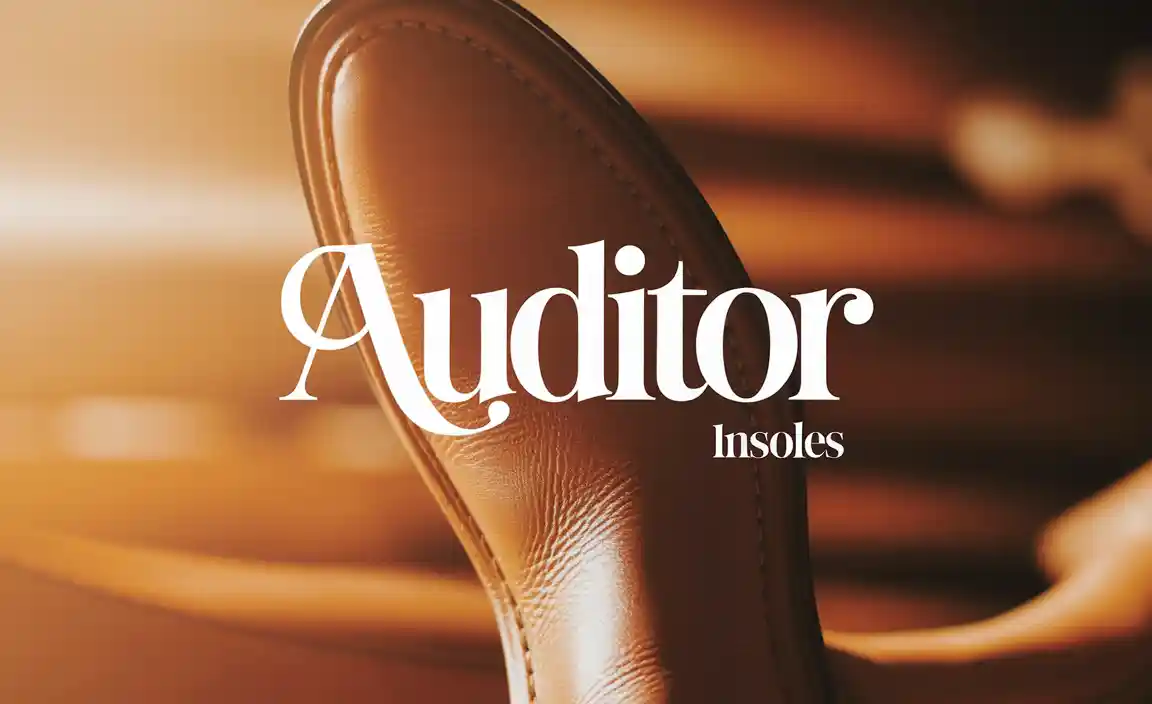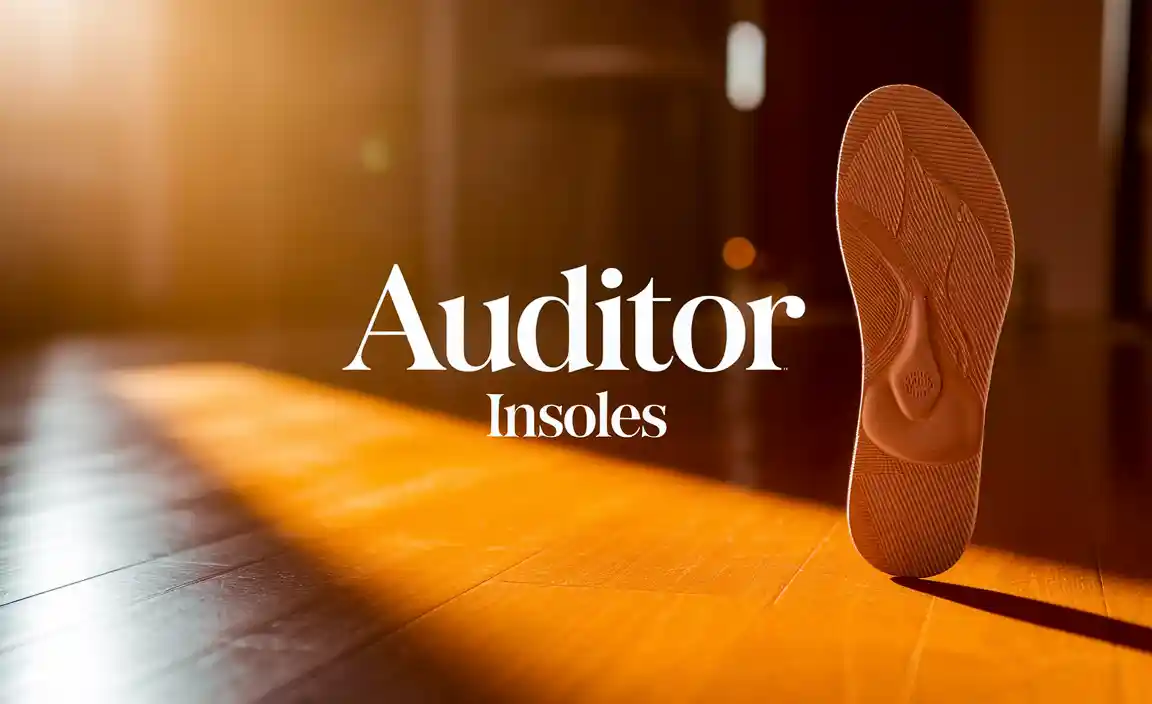Auditor insoles for factory floors are a critical, yet often overlooked, element of ensuring comfort and productivity for professionals who spend their entire workday on their feet. The demanding environment of a factory floor, characterized by hard concrete surfaces, repetitive motions, and long hours standing, can take a significant toll on the body. Without proper support, auditors can experience a cascade of issues, from foot pain and fatigue to more serious musculoskeletal problems. Investing in high-quality insoles designed specifically for these conditions is not a luxury, but a necessity for maintaining well-being and optimal performance.
The unique challenges of factory environments necessitate specialized footwear solutions. Unlike office settings, factory floors are typically constructed from unyielding materials like concrete, which offer little to no natural cushioning. This constant impact can lead to micro-trauma to the bones, joints, and soft tissues of the feet and legs. Furthermore, auditors on factory floors often engage in repetitive tasks, leading to overuse injuries and strain. They might be walking long distances, standing in one place for extended periods, or performing movements that put specific pressure points under stress. Without adequate support and shock absorption, the body’s natural shock-absorbing mechanisms can become overwhelmed.

Understanding the Demands: Why Auditors Need Specific Support
The role of an auditor in a factory setting is multifaceted. They are not simply walking around; they are often actively inspecting machinery, observing processes, and taking detailed notes. This can involve bending, squatting, reaching, and navigating uneven surfaces or areas with potential trip hazards. Each of these movements, performed repeatedly on a hard, unforgiving surface, contributes to fatigue.
Foot pain is the most immediate consequence. Plantar fasciitis, metatarsalgia (pain in the ball of the foot), and heel spurs are common ailments that can arise from inadequate support. Beyond the feet, this discomfort can radiate upwards, affecting the ankles, knees, hips, and even the lower back. The constant strain can lead to muscle fatigue, stiffness, and an increased risk of falls or accidents, which are particularly dangerous in a busy factory environment.
The Benefits of High-Quality Insoles for Auditors

The primary function of auditor insoles for factory floors is to provide a crucial interface between the foot and the harsh environment. They act as shock absorbers, dissipating the impact forces that would otherwise be transmitted directly to the body. This significantly reduces stress on the feet, joints, and spine, leading to a noticeable decrease in pain and fatigue.
Beyond shock absorption, quality insoles offer arch support. The human foot has a natural arch that acts as a spring during movement. When this arch is unsupported, it can collapse, leading to pronation (inward rolling of the foot) or supination (outward rolling). These biomechanical issues can cause misalignment in the legs and even the spine, contributing to pain and injury. Insoles with well-designed arch support help maintain the foot’s natural structure, promoting proper alignment and reducing strain.
Features to Look for in Insoles for Factory Environments

When selecting insoles for factory work, several key features are paramount. Firstly, shock absorption is non-negotiable. Materials like high-density foam, gel inserts, or specialized impact-absorbing compounds are essential. Look for insoles that specifically advertise their ability to cushion and reduce impact.
Secondly, arch support needs to be tailored to the individual. Many insoles come with varying levels of arch support – neutral, moderate, or high. Understanding your foot type (e.g., high arches, flat feet, neutral arches) is crucial for choosing the right level of support. Some insoles offer customizable arch inserts for a personalized fit.
Thirdly, durability is a major consideration. Factory environments are tough on footwear. The insoles must be made from robust materials that can withstand constant wear and tear, exposure to dust and dirt, and frequent cleaning. Cheap, flimsy insoles will quickly break down, negating any benefits they initially provided.
Fourthly, moisture-wicking and anti-microbial properties are beneficial. Factory floors can sometimes be damp, and long hours on your feet can lead to sweaty feet. Insoles made from breathable materials that wick away moisture help keep feet dry, reducing the risk of blisters and fungal infections. Anti-microbial treatments can also help prevent odors.
Choosing the Right Insoles for Your Needs

The “best” insoles are subjective and depend on individual foot anatomy, work demands, and personal preference. However, seeking out brands renowned for their orthopedic support and durable materials is a good starting point. Many manufacturers offer specific lines of insoles designed for industrial or occupational use. Reading reviews from other factory workers can also provide valuable insights into the effectiveness and longevity of different products.
It’s also worth considering if you have any pre-existing foot conditions. If you suffer from chronic pain, have had previous injuries, or have been diagnosed with conditions like heel spurs or bunions, consulting with a podiatrist or a medical professional specializing in foot health can be highly beneficial. They can recommend specific types of insoles or even custom orthotics designed to address your unique needs.
Ultimately, investing in high-quality auditor insoles for factory floors is an investment in personal health, comfort, and on-the-job productivity. By understanding the unique challenges of the factory environment and seeking out insoles with the right features, auditors can significantly mitigate the physical stresses of their profession, allowing them to focus on their work without the distraction of foot pain and fatigue. This proactive approach can lead to a more comfortable, safer, and ultimately more effective workday.
